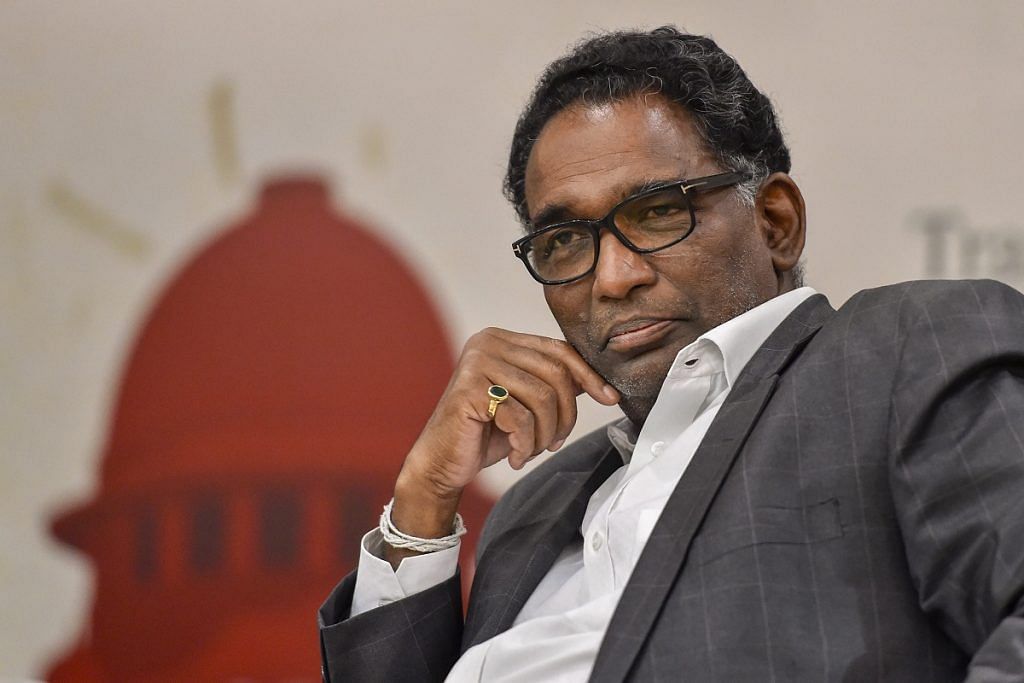The second most senior judge of the Supreme Court also criticises the practice of regional representation in the apex court.
New Delhi: Justice J. Chelameswar, the second most senior judge of the Supreme Court, has made a renewed case for objective criteria for judicial appointments.
“There is no objective assessment of performance of judges while elevating them to the apex court. It is mostly based on perceptions,” he said, speaking at the release of a book on appointment of judges Monday.
Paul Craig, professor of law at Oxford University and Arghya Sengupta, director at Vidhi Centre for Legal Policy, also took part in the panel discussion.
This was Chelameswar’s second public interaction in three days. He is one of four senior apex court judges who had launched a scathing attack on the functioning of Chief Justice of India Dipak Misra at a historic press conference in January.
He, however, refused to speak on the crisis involving the CJI and the senior judges.
Chelameswar criticised the practice of regional representation in the apex court.
“You have 31 judges. Every state believes it is entitled to a seat in the SC. That brought state-wise representation as a criterion which didn’t exist when you had fewer judges,” he said.
“More than one high court chief justice comes from the same state. If we were to consider only seniority, only one can be picked to SC and others are ignored,” he added.
When chief justices of high courts have a legitimate expectation to be considered for elevation to the apex court, regional representation is often seen as a road block, he explained.
Chelameswar also called for a larger debate on the transfer policy of chief justices of high courts.
“High court chief justices are transferred frequently as there is a fear that they could be influenced by the local clout and build empires. If that’s the argument, then why not have non-native chief ministers,” he asked.
Chelameswar also supported the idea of a permanent constitution bench in the apex court.
“A lot of referrals to constitution benches are because there are conflicting rulings of smaller benches. When interpreting the Constitution, it should be done authoritatively,” he said.
